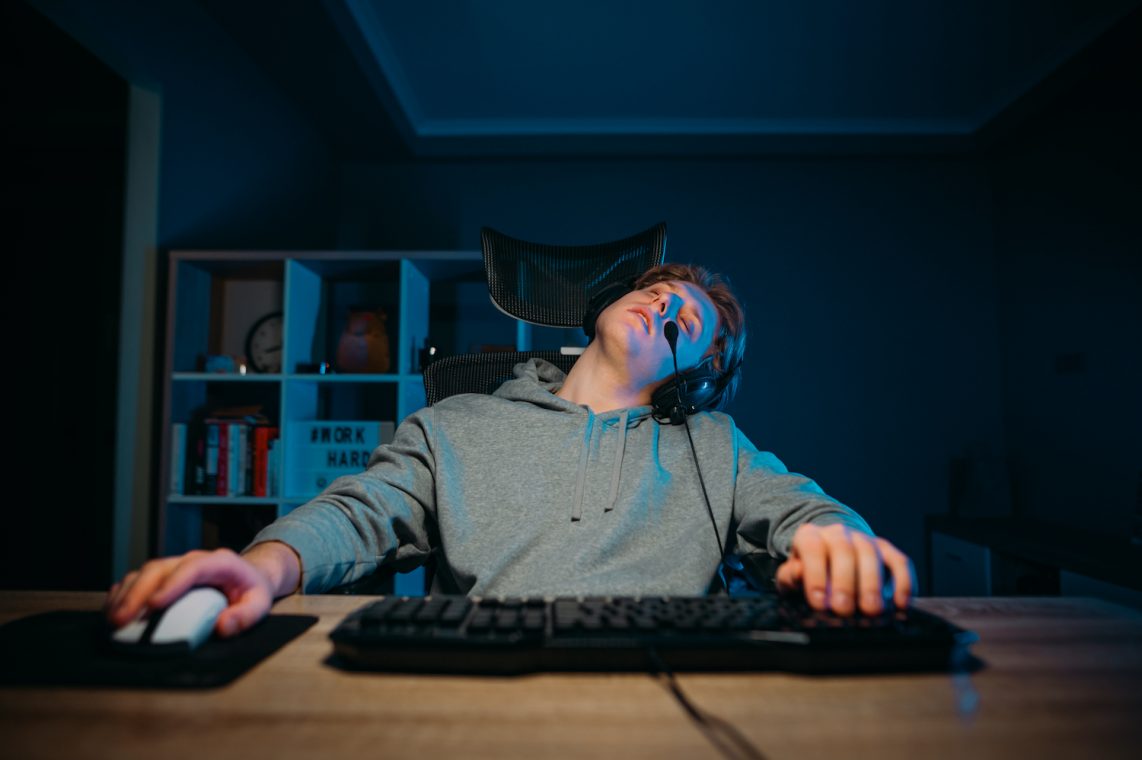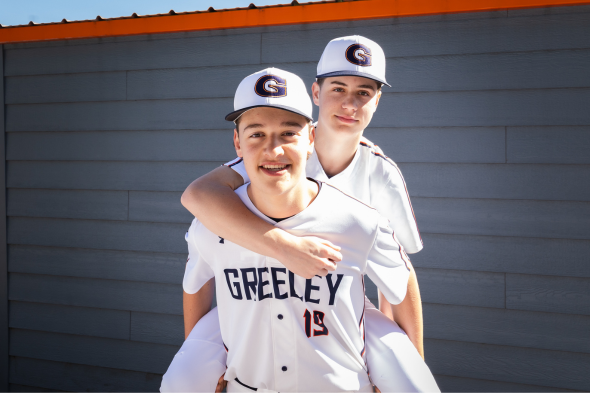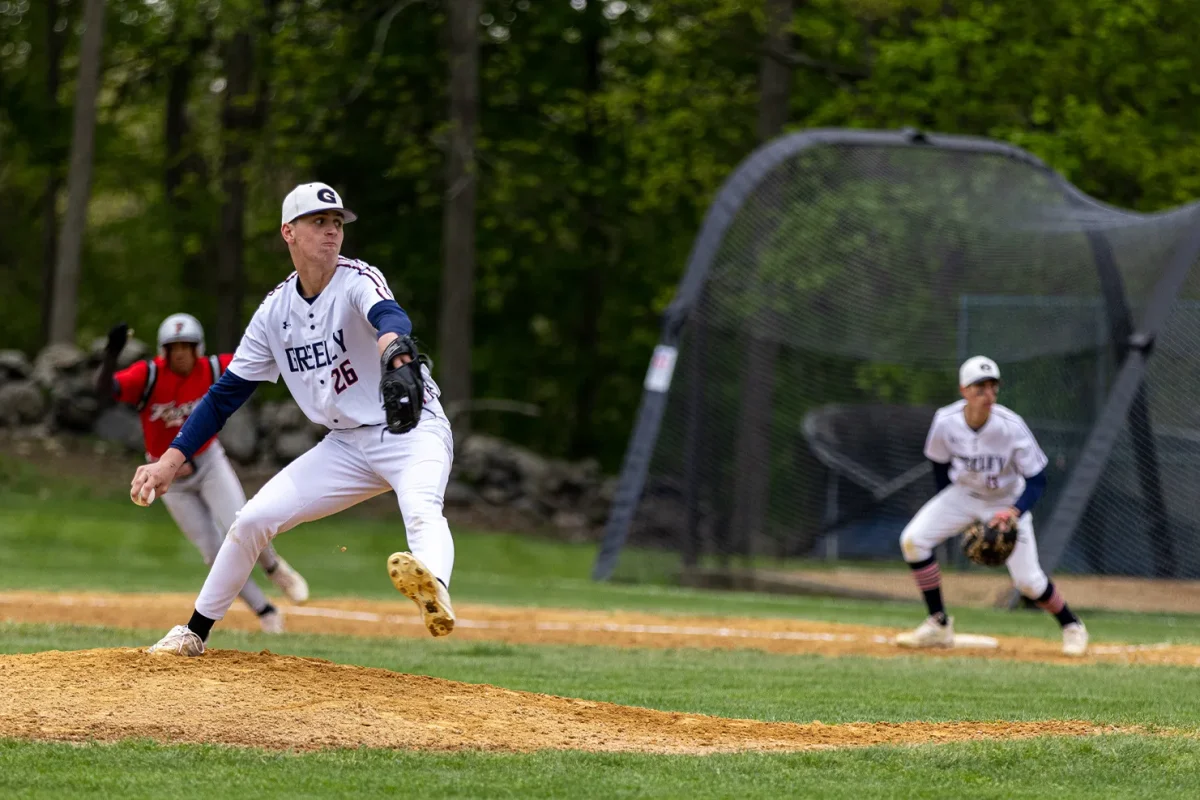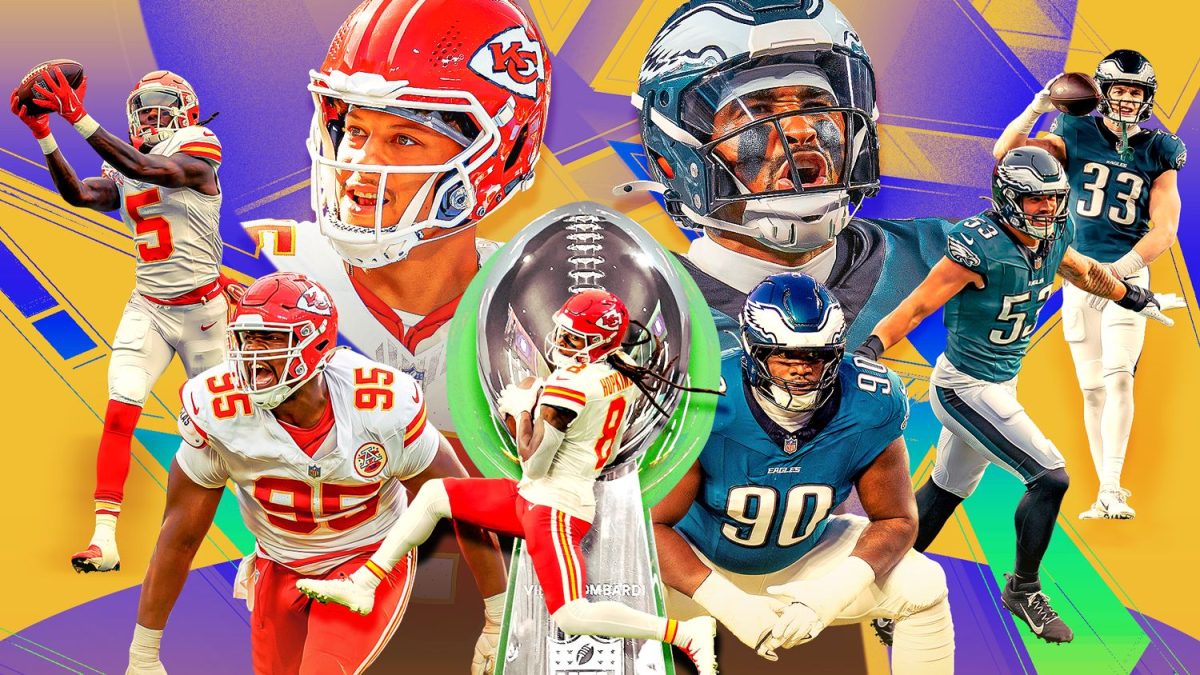The Effect of Sleep, Phones, and Video Games on Athletic Performance
Tech and Phones Have a Major Effect on Athletes
Technology and phones are taking the world by storm. Almost every athlete has a phone, social media, or a video game. The effect of technology can have both positive and negative impacts on athletes.
Sleep Deprivation
In sports, sleep is a key asset to good performance. According to digitalmeditreatment.com, many collegiate athletes lose sleep due to their phones and video games. While playing on little sleep, athletes can have slower reaction timing and poor decision-making. In teenagers in general phones are linked to sleep deprivation. In an Exploring Issues study, 786 teens were interviewed and 98% of them said that they lost sleep because of their phones. Other studies have also proven that a full sleep is a necessity for athletes. In a Stanford basketball study, scientists used men’s basketball players as test subjects and extended their sleep to 10 hours. The study proved that the players ran faster, and field goal and free throw percentages both increased by around 9% with 10 hours of sleep.
Social Media’s and Video Games’ Effect on Athletes
Studies have warned that athletes using social media and playing video games before competitions can lead to impaired play. Even though social media can harm athletic performance, Coach’s Clipboard states that 1 in 5 student athletes use social media to get more exposure to fans and coaches. Even though social media can help athletes, excessive use can be problematic. Heavy social media users perform worse on cognitive tests which correlates to decision speed and problem solving skills. This means social media fanatics have slower thinking, and have a lessened ability to solve problems.
Can Video Games Help Athletes?
Although playing video games may seem like a distraction, they can actually help athletes. Many games force players to make split- second decisions which improve decision-making skills. Quick decision making is a key asset in sports. According to a Penn State article, “Multiple studies have shown a direct correlation between the use of action video games and an improvement in sensory and motor skills.” Motor skills directly relate to coordination, and reaction speed which can give an advantage in all sports.
How Technology Affects Emotions
In a 2019 NCAA Division 1 Baseball survey, players reported a median of 42 hours spent on baseball every week. That is 6 hours spent on their sport daily. These athletes also dedicate a considerable portion of their day to schoolwork and classes. Athletes rarely have free time until late at night. According to digtialmediatreatment.com, this is when athletes go on social media and lose sleep, which creates harm because a loss of sleep can lead to mood disorders such as depression or anxiety.
Do Video Games Damage Eyesight?
According to eyesonrosement.com, “Without good vision, scoring points, hitting balls, and fending off defenders becomes much more difficult”. As one may know, having good vision is crucial in sports. According to verywellhealth.com, gaming for a long period of time can lead to vision strain, eye irritation, and other seeing problems. Gaming too much can also lead to blurry vision which creates disadvantages on the fields.
The Effect of Sleep and Phones on Greeley Athletes
Sleep, phones, and social media are taking a toll on athletic performance at our own highschool. When asked if sleep affects his on court performance, Varsity basketball guard Levi Sack stated, “Sleep has allowed me to perform my best on the court because I am able to feel energized while playing my best possible game on game day. I always make sure to go to bed early and get at least 10 hours of sleep before a game.” When asked about social media Sack says, “Social media and lack of sleep definitely can affect my gameplay. On game days I do not go on my phone before the game. I put it away and don’t go on it until after. I stay focused and visualize myself dominating.” Levi understands the dangers of sleep deprivation and excessive social media usage on game day, recognizing that quality sleep and focus are vital for peak performance. Similarly, Varsity Soccer center back Cole Rothenberg notes, “Social media and lack of sleep do limit my ability to practice or perform because of the addictive nature of social media. It can make it harder to go to bed, causing me to not get enough sleep and then being tired for the next day.” Rothenberg explains how social media can keep you up at night, causing you to lose sleep, which will make you tired and limit your ability to perform the following day. As Greeley athletes navigate these challenges, it is important for all athletes to prioritize healthy phone habits and sleep. A drive to shut down these habits could significantly improve athletic performance for all athletes at Greeley.
Finding a Solution
Video games and phones affect an athlete’s coordination, reaction time, decision making, stress level, and eyesight. On the other hand, they also increase motor skills, reaction speeds, and decision making. Phones lead to sleep deprivation which can diminish an athlete’s performance on the field. Video games and phones are affecting athletes in major ways. Colleges creating screen time limits will help with this problem. According to psychiatrist Dr. Victoria L. Dunckley from Los Angeles, California, “Screen time makes us less attentive and less able to learn, remember, and think for ourselves.” She is saying that with screen time limits, it is easier to make better decisions and pay attention. With screen time limits, athletes will do a better job paying attention in practice and improving performance on the field.
Categories:
How Sleep, Phones, and Video Games Effect Athletic Performance
1





